
OR
NRB flexible about fixing CD Ratio so as to increase lending capacity of BFIs
Published On: August 26, 2021 07:45 AM NPT By: Republica | @RepublicaNepal
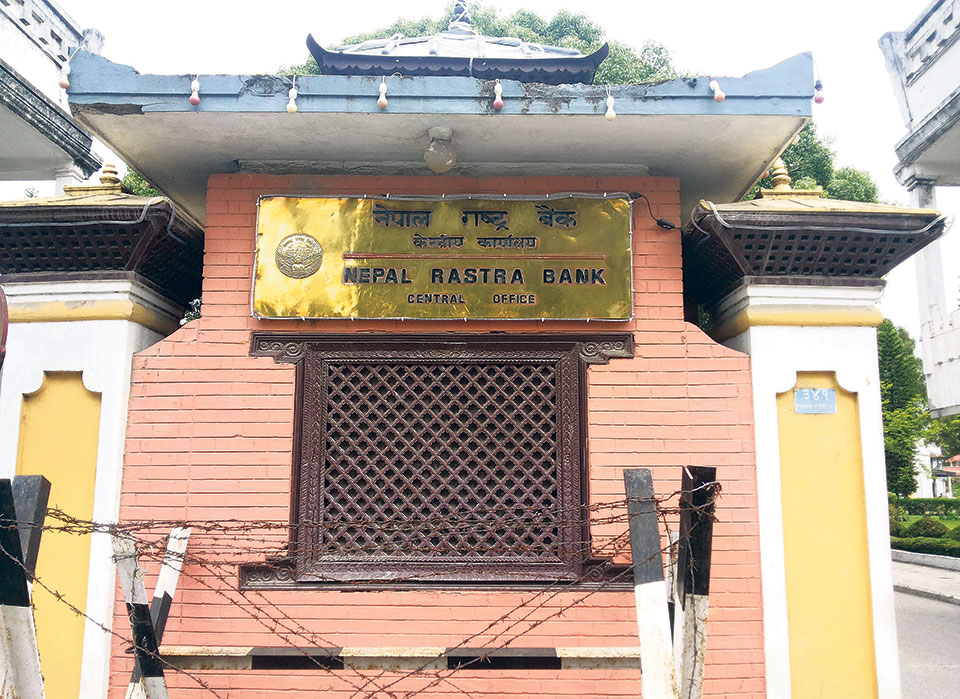
KATHMANDU, August 26: Nepal Rastra Bank (NRB) has turned lenient to its newly-enforced rule of credit-deposit ratio (CD Ratio) by allowing the banks to incorporate the refinance loan in their deposit.
Through the monetary policy 2021/22, NRB has scrapped the credit to core-capital plus deposit (CCD) ratio rule and replaced it with the CD Ratio for the bank and financial institutions (BFIs). In the new rule, the BFIs need to maintain the CD Ratio at a ceiling of 90 percent while issuing loans to their clients.
Issuing an unified directive on Tuesday, the central bank has now allowed the BFIs to consider the amount of refinance loans and the credits accepted by them in foreign currencies with the maturity of more than one year also in deposit, while they issue the loans.
According to NRB, the provision of CD Ratio has been introduced with the aim of increasing the lending capacity of the BFIs amid the ongoing impacts of the COVID-19 pandemic. However, bankers have been criticizing the central bank’s new rule, saying that it will affect the lending capacity of the BFIs and affect the interest rate.
“The scrapping of the CCD ratio rule can reduce the lending capacity of BFIs by an estimated Rs 128 billion,” said Bhuvan Dahal, president of Nepal Bankers’ Association.
The new provision of the CD Ratio is expected to ease the possible crunch in lending capacity of the BFIs, as it maintains more deposit base for them, said an NRB official. As of now, BFIs have provided loans of Rs 117 billion under refinance facility while the central bank has allocated Rs 212 billion for the purpose.
Based on the refinance amount, the lending capacity of the BFIs will be increased by over Rs 100 billion due to the revised provision, according to bankers.
You May Like This
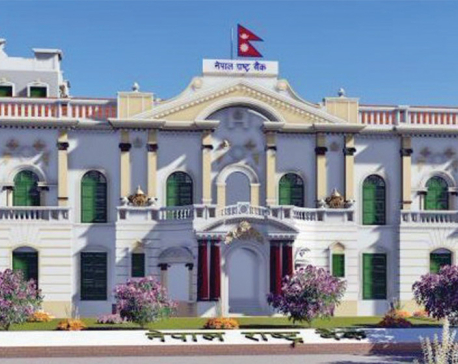
BFIs break record with over Rs 5.4 trillion in deposits
KATHMANDU, April 5: Deposits collected by the banks and financial institutions (BFIs) in the country have crossed the Rs 5.4... Read More...

Growth rate to remain eight percent
KATHMANDU, Aug 21: Nepal Rastra Bank (NRB) has assured the Parliamentary Committee that eight percent economic growth rate would be... Read More...

NRB bringing IRs 1b by Jan-end
KATHMANDU, Jan 6: Nepal Rastra Bank (NRB) is bringing in Indian Rs 1 billion from India to improve the supply... Read More...
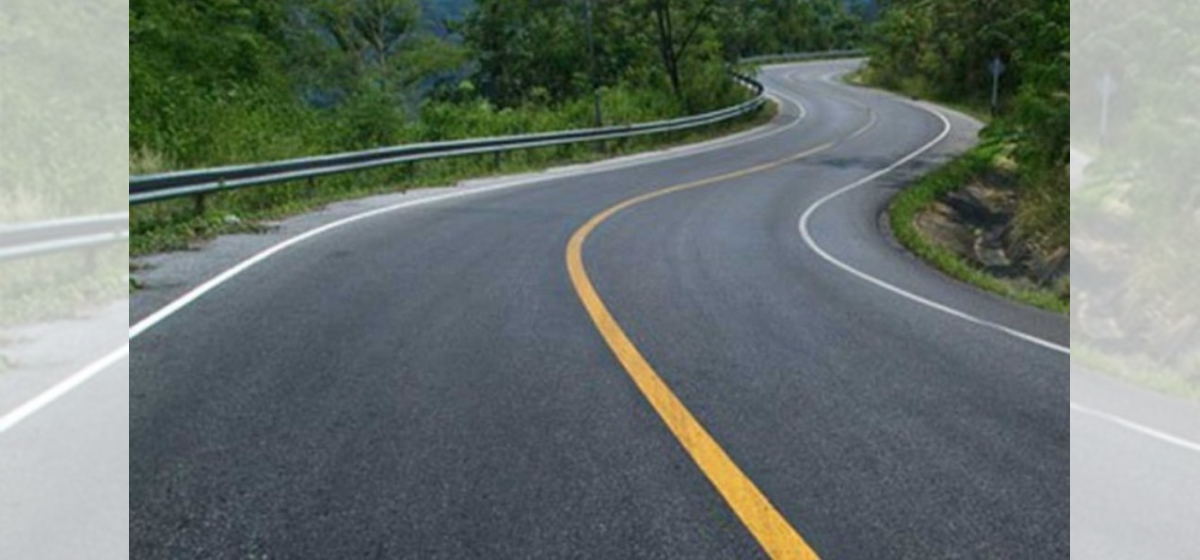


Just In
- Nepali man fighting alongside Russian army in Ukraine: "They are killing me, save me!"
- Parties agree to form parliamentary probe committee to investigate cooperative fraud case
- Foreign investment commitments reach Rs 53 billion in 10 months, Rs 2.15 billion approved via automated system
- Prithvi Highway Expansion: Deadline extended by five months on eastern section from Jamun to Ambukhaireni
- Nepal’s outbound spending surpasses inbound revenue
- Cricketer Lamichhane gears up preparation for T20 World Cup
- Japan's parliament passes bill to allow joint custody for divorced parents
- 372 drug peddlers arrested in Jhapa in 10 months




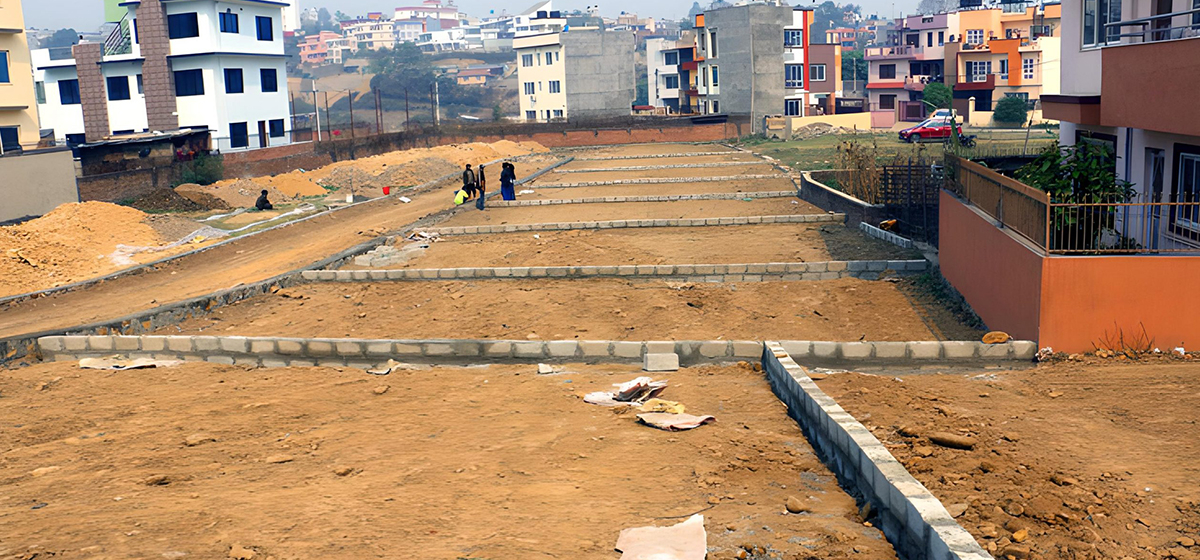

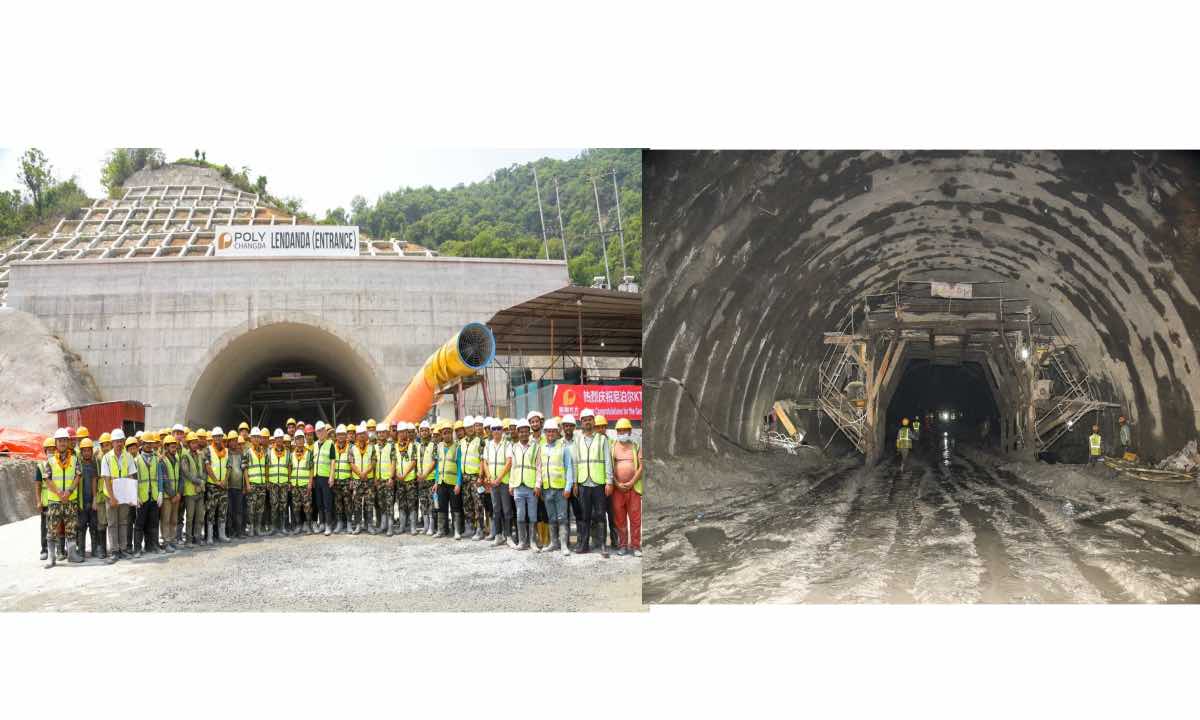






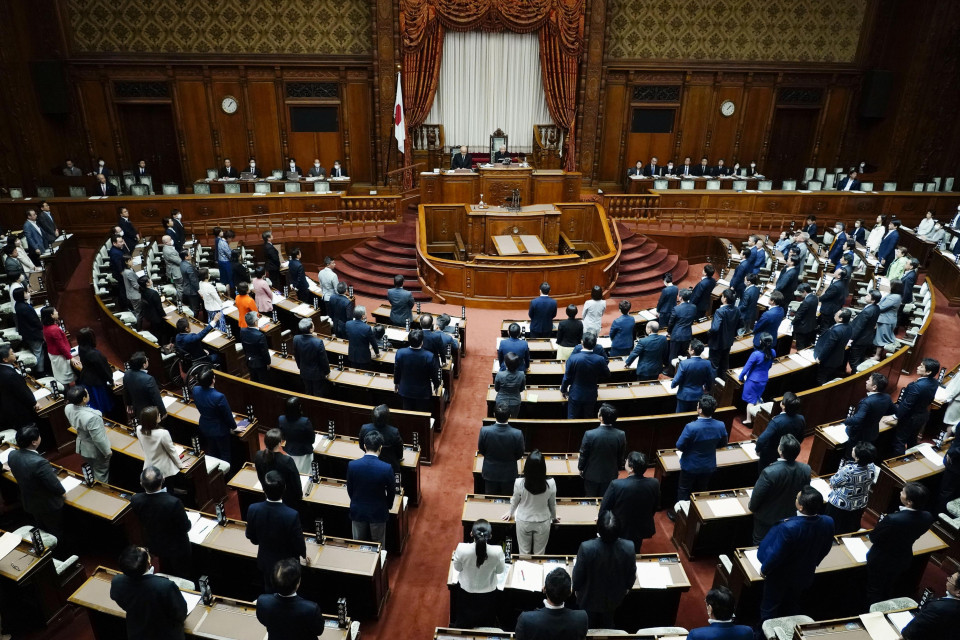

Leave A Comment